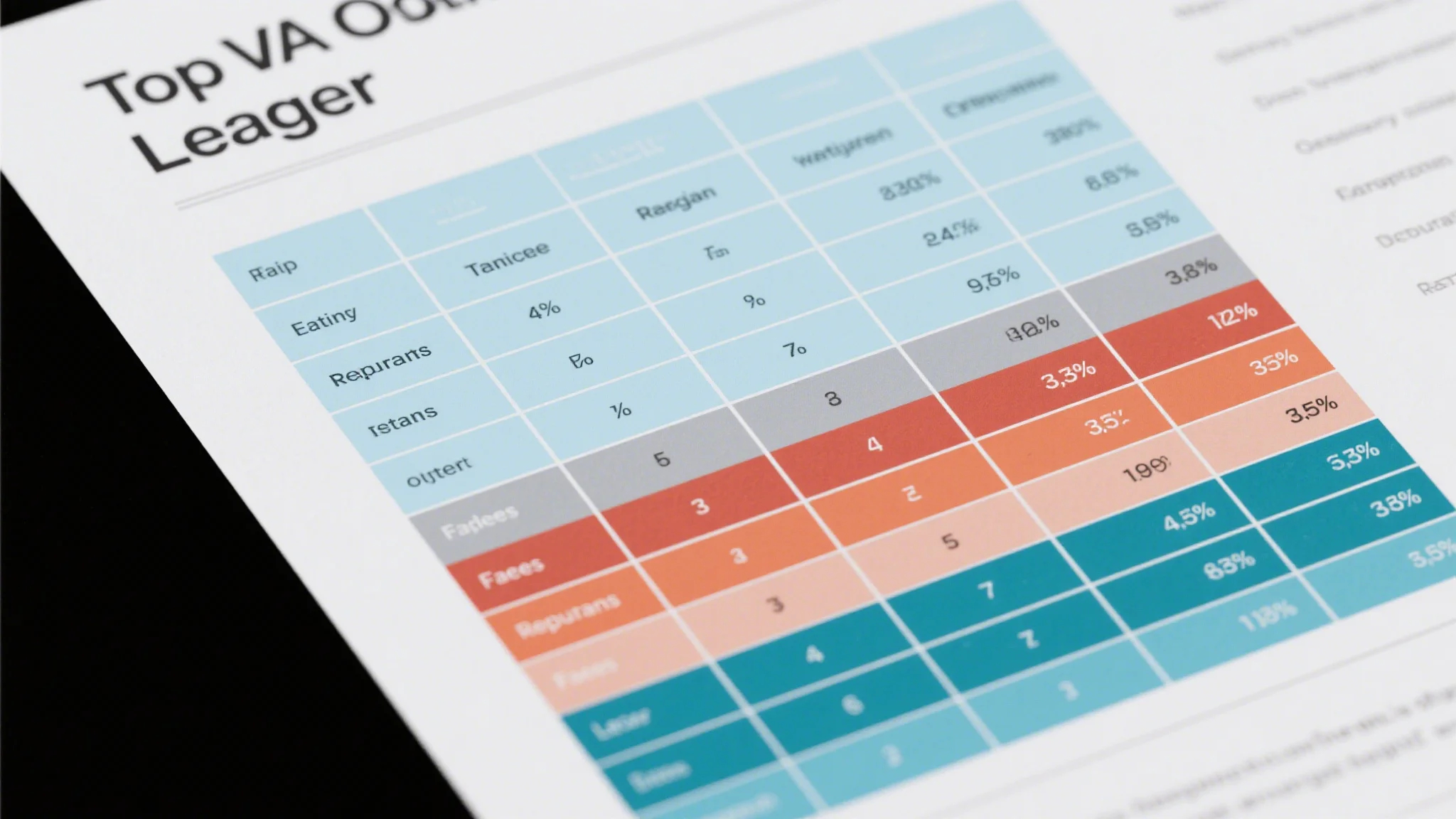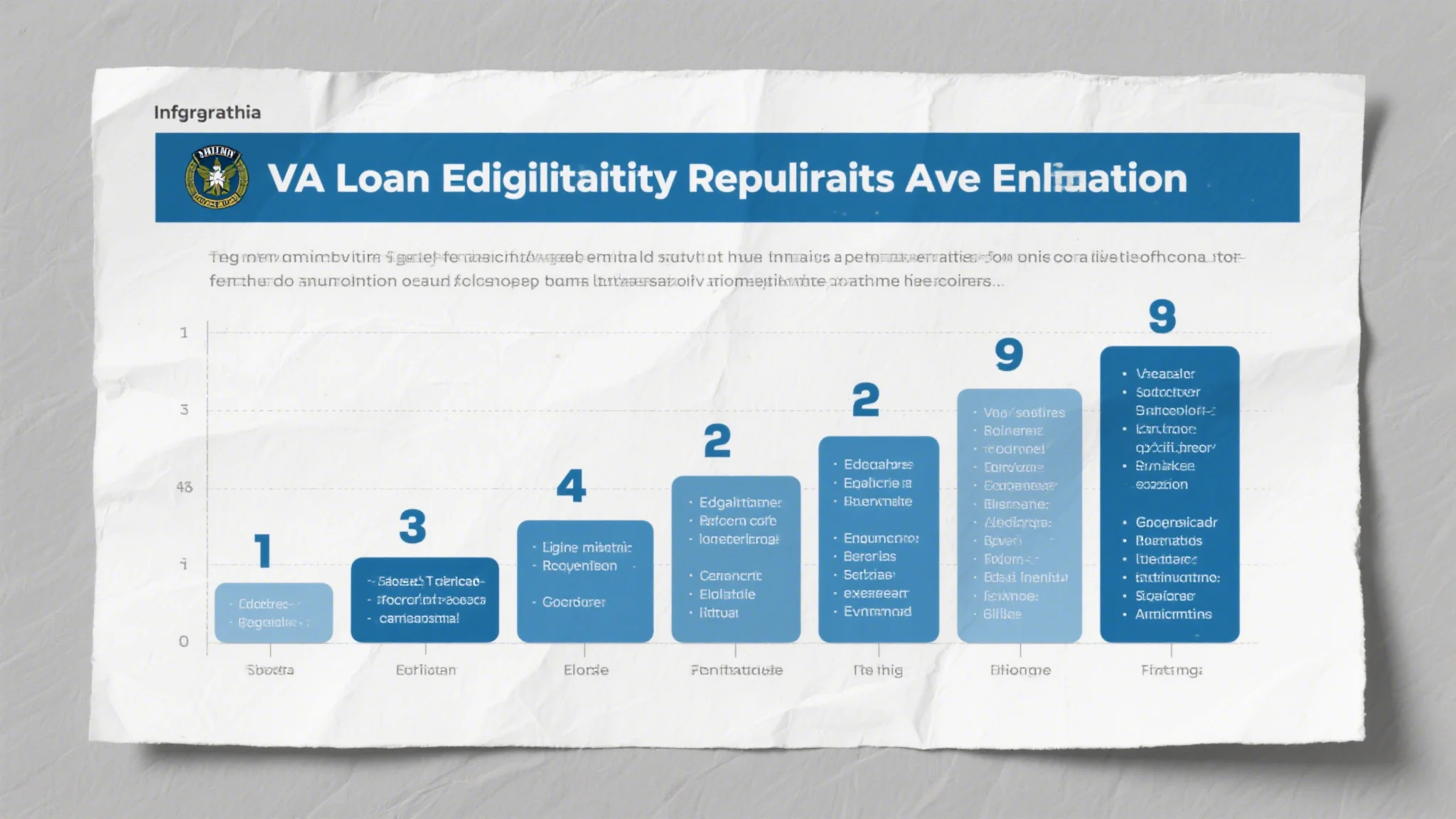In the fast-paced world of marketing and sales, agencies rely on efficient lead generation and scoring to stay ahead of the competition. This article explores how lead scoring models, combined with automation tools, can transform the way agencies identify, prioritize, and nurture high-quality leads. Discover the benefits, strategies, and tools that can elevate your agency’s performance.

Understanding Lead Scoring Models and Their Importance for Agencies
In the competitive landscape of modern marketing and sales, agencies are constantly on the lookout for ways to streamline operations, improve efficiency, and maximize ROI. One of the most critical aspects of agency success is lead scoring— the process of evaluating potential clients or customers based on their likelihood of converting into paying clients or making a purchase.
Lead scoring models are designed to help agencies prioritize leads, allocate resources effectively, and focus on high-value opportunities. Without a structured lead scoring system, agencies risk wasting time and effort on low-potential leads, while missing out on prime opportunities to close deals.
The Role of Lead Scoring in Agency Success
Lead scoring models serve as a roadmap for agencies to identify the most promising leads and guide them through the sales funnel. By assigning scores to leads based on specific criteria, agencies can determine which leads are worth pursuing and which ones should be set aside. This not only saves time but also ensures that resources are allocated efficiently, allowing the agency to focus on the most promising opportunities.
For example, an agency might use a lead scoring model to evaluate leads based on factors such as budget, authority, need, and timeline (BANT). By assessing these criteria, the agency can determine whether a lead is ready to make a decision or needs more nurturing. This level of precision is invaluable in a competitive market where every lead counts.
The Challenges of Manual Lead Scoring
While lead scoring is essential, the manual process of evaluating leads can be time-consuming and prone to human error. Agencies often juggle a large volume of leads, making it difficult to assess each one individually without a systematic approach. This is where automation tools come into play, offering a solution to streamline the lead scoring process and ensure accuracy.
How Automation Tools Enhance Lead Scoring
Automation tools are designed to complement lead scoring models by automating repetitive tasks, such as data collection, scoring, and lead routing. These tools not only save time but also provide a more objective and consistent approach to lead evaluation.
For instance, marketing automation platforms can integrate with CRM systems to automatically score leads based on predefined criteria. This eliminates the need for manual data entry and ensures that every lead is evaluated consistently and accurately. Additionally, automation tools can provide real-time updates, allowing agencies to monitor lead activity and adjust their strategies as needed.
The Benefits of Automation-Driven Lead Scoring
The integration of automation tools with lead scoring models offers numerous benefits for agencies, including:
Improved Efficiency: Automating lead scoring reduces the time spent on manual evaluations, allowing the agency to focus on high-value activities.
Increased Accuracy: Automation tools eliminate human error, ensuring that leads are scored consistently and objectively.
Enhanced Decision-Making: By providing real-time insights, automation tools enable agencies to make informed decisions about which leads to pursue.
Better Lead Nurturing: With automation, agencies can identify leads that need additional nurturing and guide them through the sales funnel more effectively.
In the next part, we’ll explore how agencies can implement automation tools to maximize the effectiveness of their lead scoring models and achieve greater success in their operations.
Implementing Automation Tools for Lead Scoring Success
In today’s digital-first world, agencies must leverage automation tools to stay ahead of the competition. By integrating automation with lead scoring models, agencies can streamline their operations, improve efficiency, and achieve greater success in lead generation and conversion.
Choosing the Right Automation Tools for Lead Scoring
Not all automation tools are created equal, and agencies must carefully select the tools that align with their specific needs. When it comes to lead scoring, the best automation tools are those that integrate seamlessly with existing CRM systems, such as Salesforce or HubSpot, and provide robust lead scoring capabilities.
Some key features to look for in automation tools include:
Customizable Lead Scoring Models: The ability to create and customize lead scoring models based on specific criteria.
Automated Data Collection: Tools that can automatically gather data from multiple sources, such as website forms, social media, and email campaigns.
Real-Time Updates: Features that provide real-time updates on lead activity and scoring.
Integration with Marketing and Sales Channels: Tools that can connect with various marketing and sales channels to ensure a seamless lead journey.
Best Practices for Implementing Automation in Lead Scoring
Implementing automation tools for lead scoring requires a strategic approach to ensure maximum effectiveness. Here are some best practices for agencies:
Define Clear Lead Scoring Criteria: Before implementing automation, agencies must define the criteria for lead scoring. This could include factors such as budget, authority, need, and timeline (BANT), or more specific metrics relevant to the agency’s niche.
Leverage AI and Machine Learning: Advanced automation tools now incorporate AI and machine learning to analyze data and predict lead behavior. These tools can identify patterns and provide



